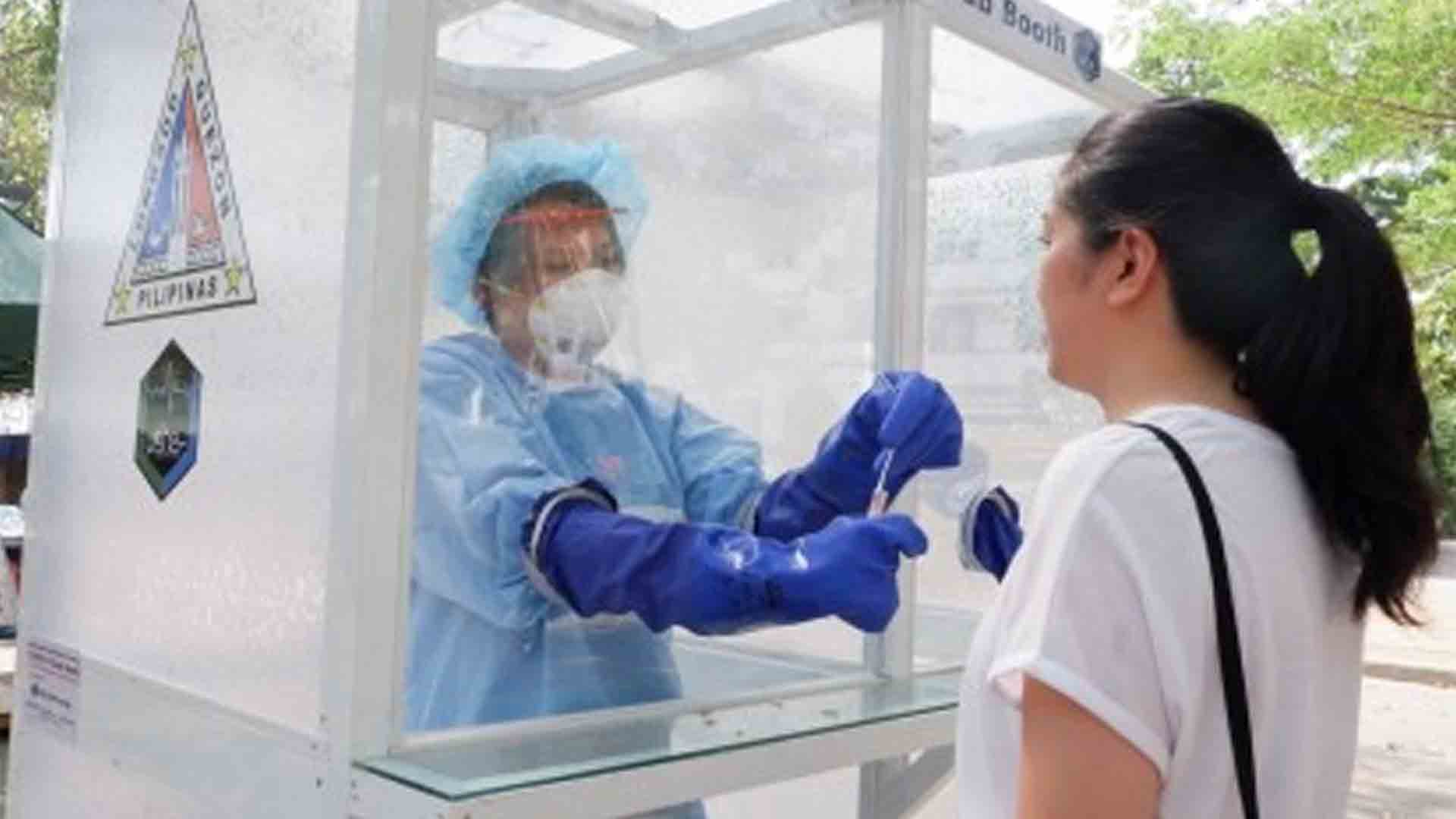In response to a fast-spreading novel coronavirus early this year, the government has ramped up efforts to mitigate the impact of the public health crisis.
The Inter-Agency Task Force for the Management of Emerging Infectious Diseases (IATF) and the National Task Force against Covid-19 (NTF) have adopted a “carrier-centric” approach to contain the spread of Covid-19.
The government has implemented complementary strategies that include detecting, isolating, and treating confirmed Covid-19 cases.
Individuals who were already affected by the dreaded virus and those potential Covid-19 carriers were isolated away from their community.
The government conducted massive testing of persons under monitoring (PUMs) and patients under investigation (PUIs) for Covid-19.
Various establishments in Metro Manila and other parts of the country were converted into quarantine facilities to isolate individuals showing Covid-19 symptoms.
NAP Phase 1
Sec. Carlito Galvez Jr., National Policy against Covid-19 chief implementer, introduced the National Action Plan and other efforts to mitigate the spread of the Covid-19.
According to Galvez, NAP’s overall goal is to eliminate the threat of the Covid-19 in order to protect people from the risks of infections as well as to mitigate the social, economic, and security impacts of the health crisis.
The government has applied the Prevent, Detect, Isolate, Treat, Reintegrate (PDITR) strategy in a bid to “adapt to the new normal.”
The PDITR strategy was implemented through the operational concept of the end-to-end ‘treat-trace-treat’ (T3) management system.
The T3 program also targets to ramp up testing capacity to 30,000 tests per day by putting up more swabbing centers and laboratory testing centers in strategic parts of the country.
The government has intensified its national communication campaign to combat the pandemic which includes regular handwashing, keeping physical distancing as well as wearing of face masks and face shields.
The government has imposed localized lockdowns to further prevent the transmission of the dreaded disease within local communities while trying to balance economic activities and health objectives of the country.
It has also strengthened contact tracing and testing capacity, in order to immediately detect more confirmed cases and provide them the treatment that they needed.
NAP Phase 2
In June, the government implemented the second phase of the national action plan (NAP) that focused on “saving lives and mitigating Covid-19 impact toward economic and social recovery.”
“For the national action plan, we will still follow our national strategy on preventing, detect, isolate, treat and reintegrate,” Galvez earlier said in a virtual press briefing.
“The strategy design of the second phase concentrates on the five strategic objectives wherein to contain and manage the emerging new cases, sustain the gains that we had, and learn from the best practices and continue to [capacitating] and building resiliency to our hospitals,” he added.
The task force has also adopted a national-government-enabled, LGU-led, and people-centered response to the Covid-19 health crisis.
Galvez cited the importance of prevention and self-awareness against Covid-19.
“Also we have to rebalance the health and economic objectives using the (hammer and dance) theory, localizing our response by leaving our LGUs (local government units) to the (front-line) with people’s support and vigilance,” he said.
The second phase of the NAP was implemented through localized lockdowns, massive information dissemination, stricter enforcement of the quarantine protocols, and minimum health standards.
NAP Phase 3
The third phase of the national action plan (NAP) against Covid-19 was implemented through balancing health and economic recovery, according to Galvez.
He said there will be no more trade-offs during the implementation of the NAP Phase 3.
“The NAP Phase 3 will be our transition plan to the new normal from the last quarter of this year rolling down the road towards the first quarter of 2021,” he said.
Galvez said NAP phase 3 is anchored on effective health risk management wherein gradual easing of restrictions could be imposed.
“We should learn to live with the virus until the vaccine is available,” he said.
There is a need to further strengthen the key areas of prevention and containment approach including the government’s Prevent-Detect-Isolate-Treat-Reintegrate (PDITR) strategy, Galvez added.
The government continues to expand its Oplan Kalinga program, a “no home quarantine policy” that restricts infected individuals to undergo home quarantine for treatment.
“The NAP Phase 3 will help us transition to the new normal. This will provide us the necessary strategic systems and mechanisms that will enable us to jumpstart our economy, and at the same time, to continue to lower active cases until the vaccine is available,” said Galvez.
The government has intensified the whole-of-government strategy and the whole-of-nation approach to further contain the Covid-19 pandemic in the country.
Fighting the surge
Authorities have already warned of a surge of Covid-19 cases after the holiday season.
Sec. Vince Dizon, NTF Covid-19 deputy chief implementer, assured that the country has enough isolation centers and quarantine facilities for Covid-19 patients if ever the spike of cases may happen after holidays.
Dizon, also the country’s testing czar, said the government along with its private partners, is non-stop in building more quarantine facilities to isolate more Covid-19 patients.
Dizon said the government’s Prevent-Detect-Isolate-Treat-Reintegrate (PDITR) strategy provided a significant drop in the number of Covid-19 cases in the middle of July and August.
The government urged the public to continue adhering to the minimum health standards including wearing of face mask and face shield, regular hand washing, as well as observing physical distancing. (PNA)





















